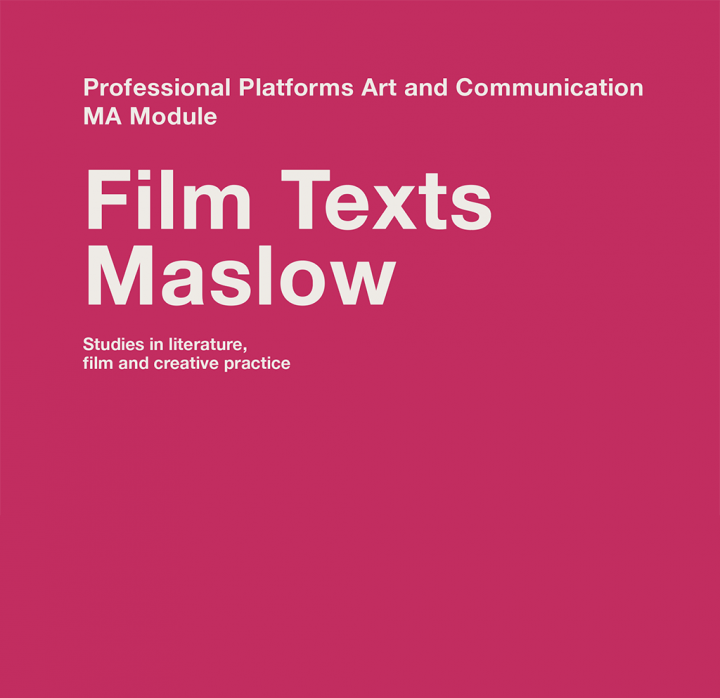How do literature and film intersect?
Through storytelling, that resonates with us as human beings. The content must engage with a structure we understand. Many books and films have a hero character who encounters issues and finds guidance, and then comes up with a plan of action to succeed in their mission or end goal. The extract from Maslow, Education and Peak Experiences it talks about self-actualisation and becoming the best of yourself, in films, could this be about the hero that discovers and learns about their capability to succeed within the story? For the literature and film to engage us, we need to feel a connection, not only through the story but through music and visual stimulation which produces a peak experience if executed right. On cognitive plateau responses, Maslow sites “The ultimate values of being which in turn is a therapeutic-like help towards both the curing-of-sicknesses kind of therapy and also the growth towards self-actualization, the growth towards full humanness.” (Maslow, A. The Farther Reaches of Human Nature, p184, 1973). What is the end goal to the story in the film, how are the consequences to the hero’s actions going to make you feel or change in your outlook? When we read literature, we use our imagination and feelings from experience recall, and through playing this through our minds, we can play this through our films.

Source: https://commons.wikimedia.org/wiki/File:Maslow%27s_Hierarchy_of_Needs.svg
Shown above is an example ’employed by global market researchers as an appropriate segmentation technique on Maslow’s hierarchy of needs.’ (Slade-Brooking, C. 2016, p. 75)
What academic processes translate into film practice?
‘Epiphenomena a secondary by-product to education and our associative learning as humans being’ (Maslow, A. The Farther Reaches of Human Nature, p177, 1973). My take from this, regarding film practice, is that not only are we reading from a script we are acting as human beings from what we have learnt from everyday life. Body language speaks to us in subliminal ways through the film. What value or knowledge can we take from the film? After watching the film, your perspective changed. Culture today and the way we interpret words and our perspective could change in the future along with academic processes. Within film practice, new technologies and cultures are evolving we are having to constantly learn, adapt and grow as we are in other aspects of our lives.
Reference:
Maslow, A. (1973) Education and Peak Experiences. In: Maslow, A. The Farther Reaches of Human Nature. Middlesex, Penguin Books, pp. 175–186.
Slade-Brooking, C. (2016). Creating a Brand Identity. Laurence King Publishing Ltd. https://ebookcentral.proquest.com/lib/hud/reader.action?docID=4536969

